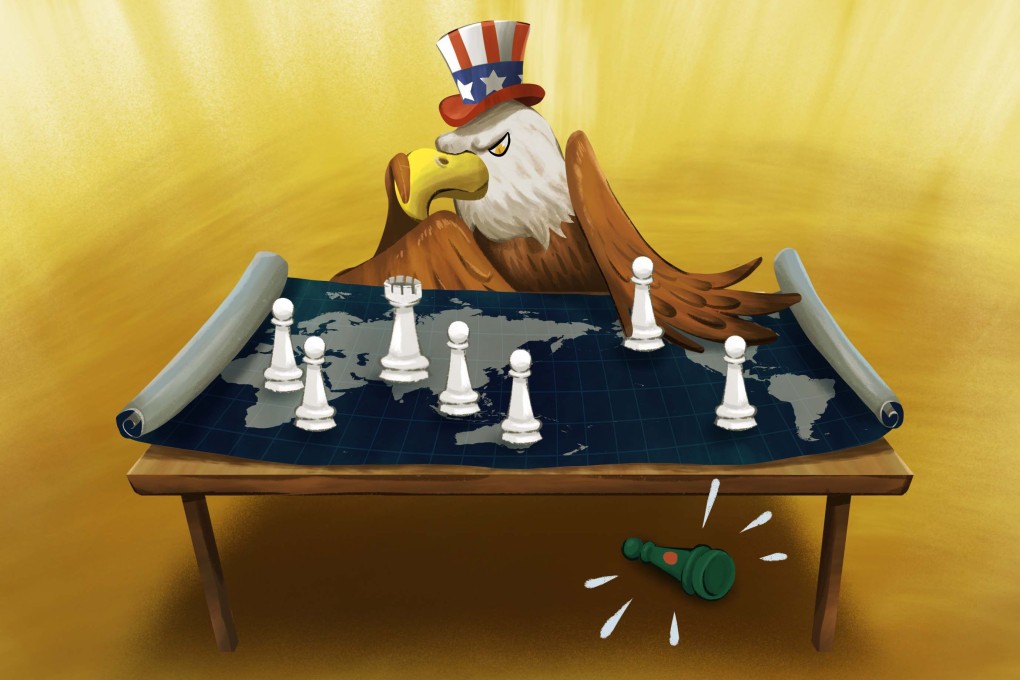Advertisement
With eye on China, US woos countries in Indo-Pacific yet Bangladesh remains an exception
- While the White House fetes India’s Narendra Modi with a state dinner, Dhaka gets terse lectures on human rights and elections from US leadership
- Amid the tension, Beijing expands its influence in South Asian country, providing funding ‘without making a fuss’ over democratic backsliding
Reading Time:6 minutes
Why you can trust SCMP
0

Khushboo Razdanin New York
As part of his Indo-Pacific strategy to counter China’s burgeoning clout, US President Joe Biden regularly invites leaders of varied political hues from the strategically vital region to the White House.
This week Biden hosted a state dinner for Indian Prime Minister Narendra Modi, an avowed Hindu nationalist leader who was once denied an American visa for his chequered treatment of Muslim minorities.
In marked contrast, one of Modi’s allies in South Asia has elicited from Washington a decidedly disapproving stance: Bangladeshi Prime Minister Sheikh Hasina.
When Hasina, the country’s longest-serving prime minister, visited the US capital in May for a World Bank engagement, nobody from the Biden administration opted to meet her.

Despite being a regional player in South Asia and one of its fastest-growing economies, Bangladesh has received a cold shoulder from Washington and terse lectures on human rights and democracy.
In December 2021, as Biden concluded the inaugural US-led Summit for Democracy – to which Bangladesh was not invited – the Treasury Department sanctioned seven leaders of an elite Bangladeshi paramilitary unit accused of carrying out forced disappearances and extrajudicial killings of political opponents on behalf of Hasina’s government.
Advertisement